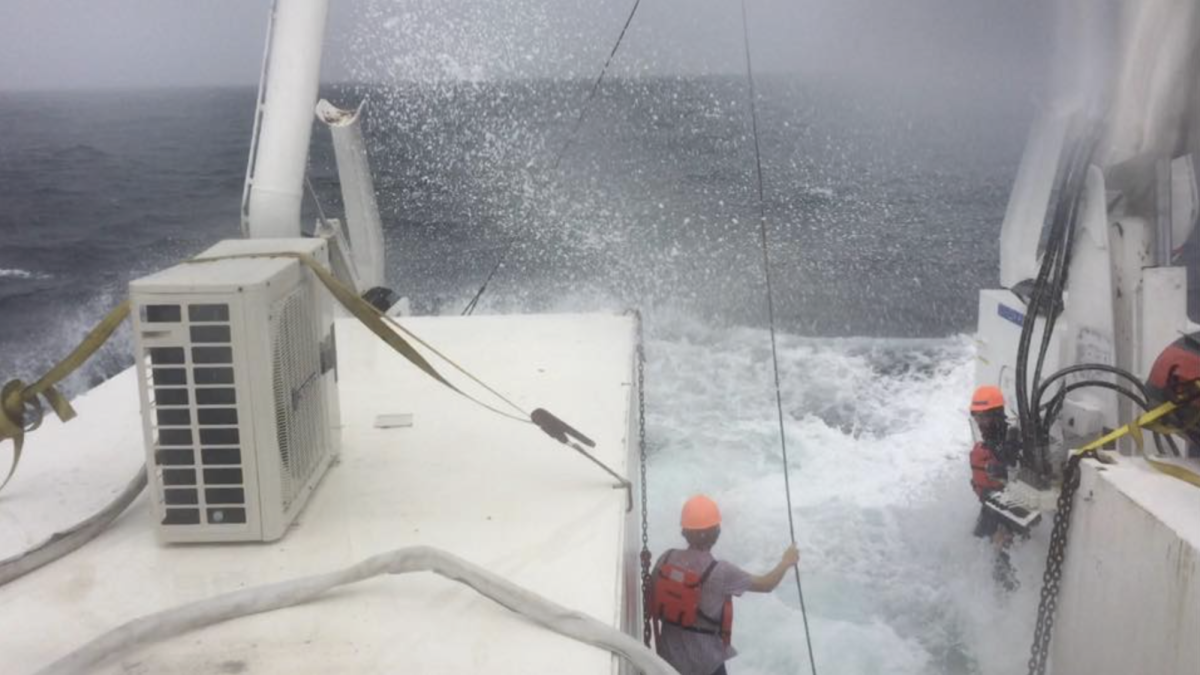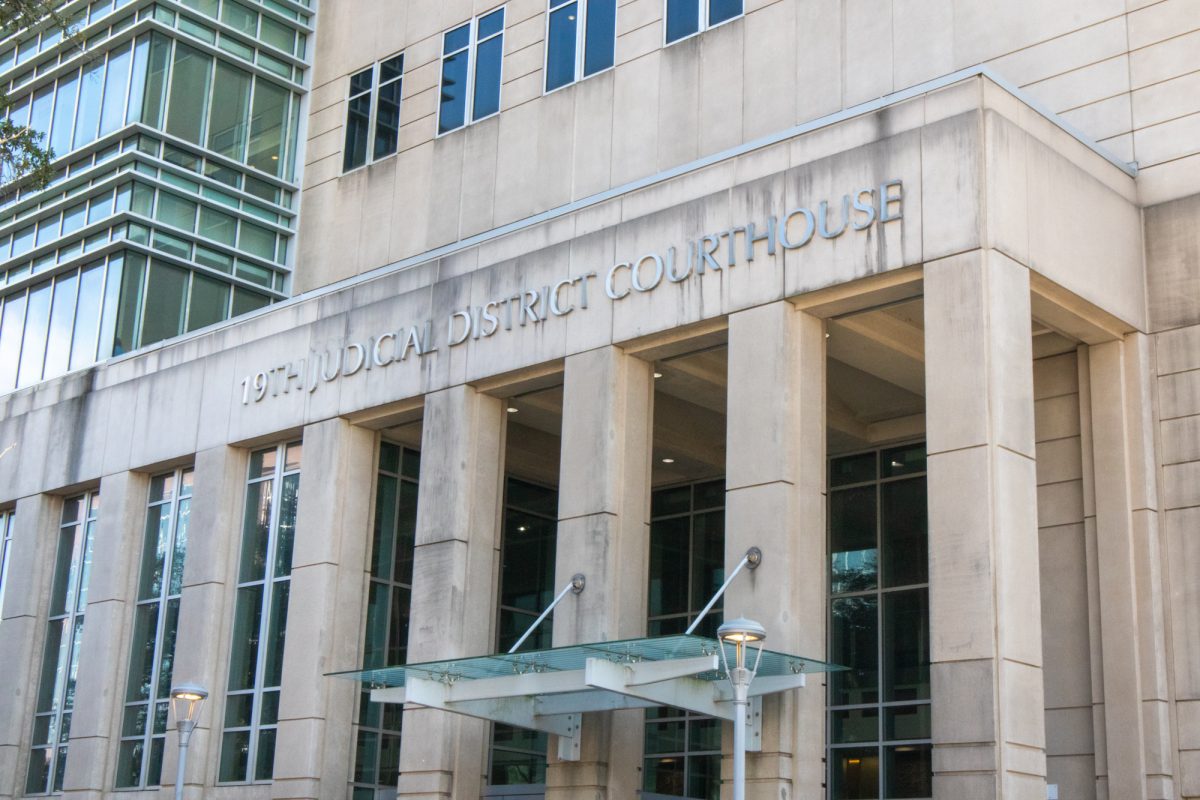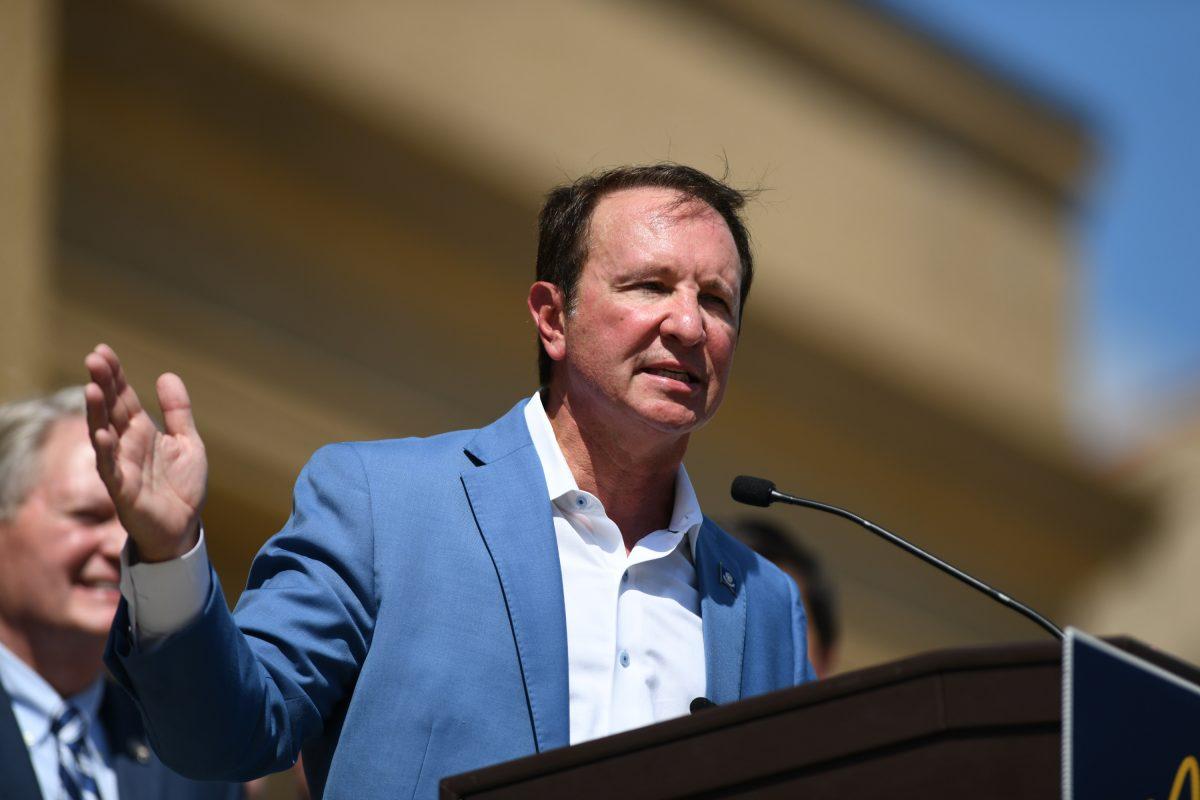HOUSTON (AP) — The official in charge of identifying and dealing with the risks of BP’s offshore Gulf marine operations acknowledged Monday that he rarely had contact with a key manager at the owner of the rig that exploded April 20, setting off the massive oil spill.
Neil Cramond testified before an investigative panel looking into the cause of the Deepwater Horizon explosion, which sent 206 million gallons of oil spewing into the sea before a temporary cap stopped it.
Cramond said he rarely communicated with Paul Johnson, identified by the panel as Transocean’s rig manager. Johnson’s role on the Deepwater Horizon was not immediately specified. He was scheduled to testify later Monday.
Cramond also testified that captains of rigs like the Deepwater Horizon are ultimately responsible for crew safety and environmental matters, but are not always involved in decisions about how to deal with drilling operations and potential risks.
Members of the joint U.S. Coast Guard-Bureau of Energy Management, Regulation and Enforcement investigative panel pressed hard on communication between BP officials on shore and the people operating its rigs at sea. They also questioned communication between BP, Transocean and other entities involved in operating the rig and overseeing maintenance. The hearings will continue through Friday.
While questioning Cramond, a Coast Guard official said he was concerned the captain was responsible for keeping the crew and vessel safe and preventing pollution, but had “little say and awareness of what’s going on in terms of risk.”
“I believe what you’ve outlined is an accurate picture,” Cramond said, noting such arrangements are standard in the oil and gas industry.
He insisted, however, that records will show that on a number of occasions he communicated concerns about safety problems to the people who needed to know about them.
“I believe I do have a duty that if I see a condition that should not be there associated with safe operations of this vessel from marine aspect, I have a duty to communicate that to the responsible party,” Cramond, BP’s Gulf of Mexico marine authority, testified.
Asked if the Deepwater Horizon was properly manned at the time of the explosion that killed 11 workers, he replied: “I have no information that would say otherwise.”
The temporary cap placed on the blown-out well in mid-July has kept any more oil from spewing, and the final sealing should take place after Labor Day.
Engineers are preparing to first remove the failed blowout preventer — a key piece of evidence — and replace it with another. After that, they will complete the drilling of a relief well, then will plug the runaway well for good by pumping mud and cement into the bottom.
—-Contact The Daily Reveille’s news staff at [email protected].
Hearings into cause of Gulf of Mexico oil spill begin in Houston – 11:23 a.m.
August 22, 2010






